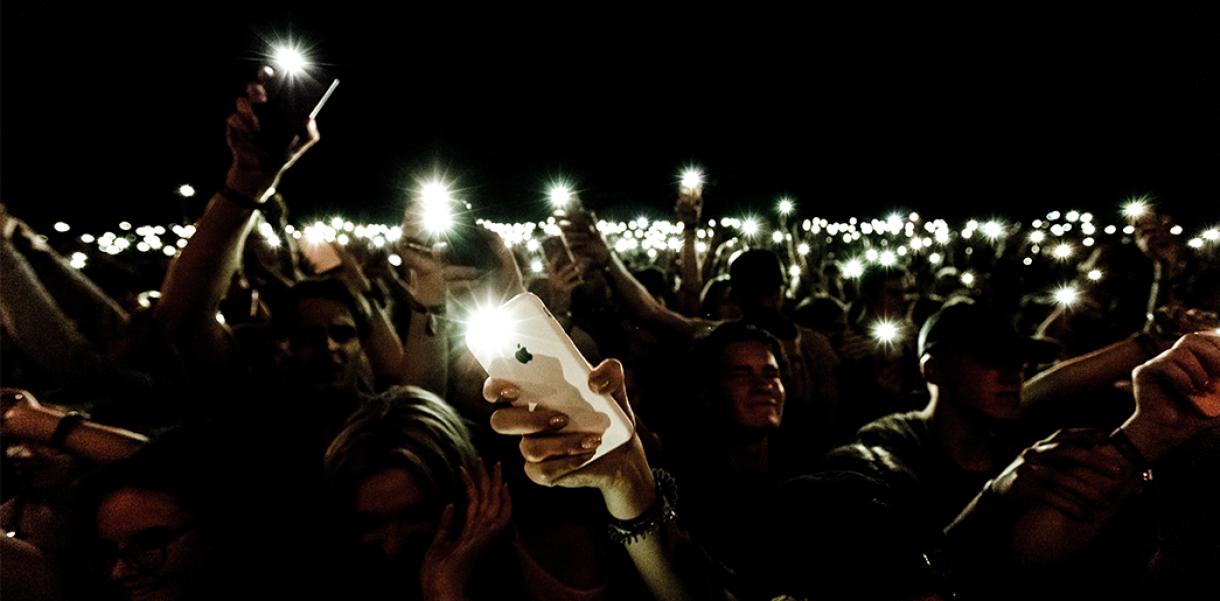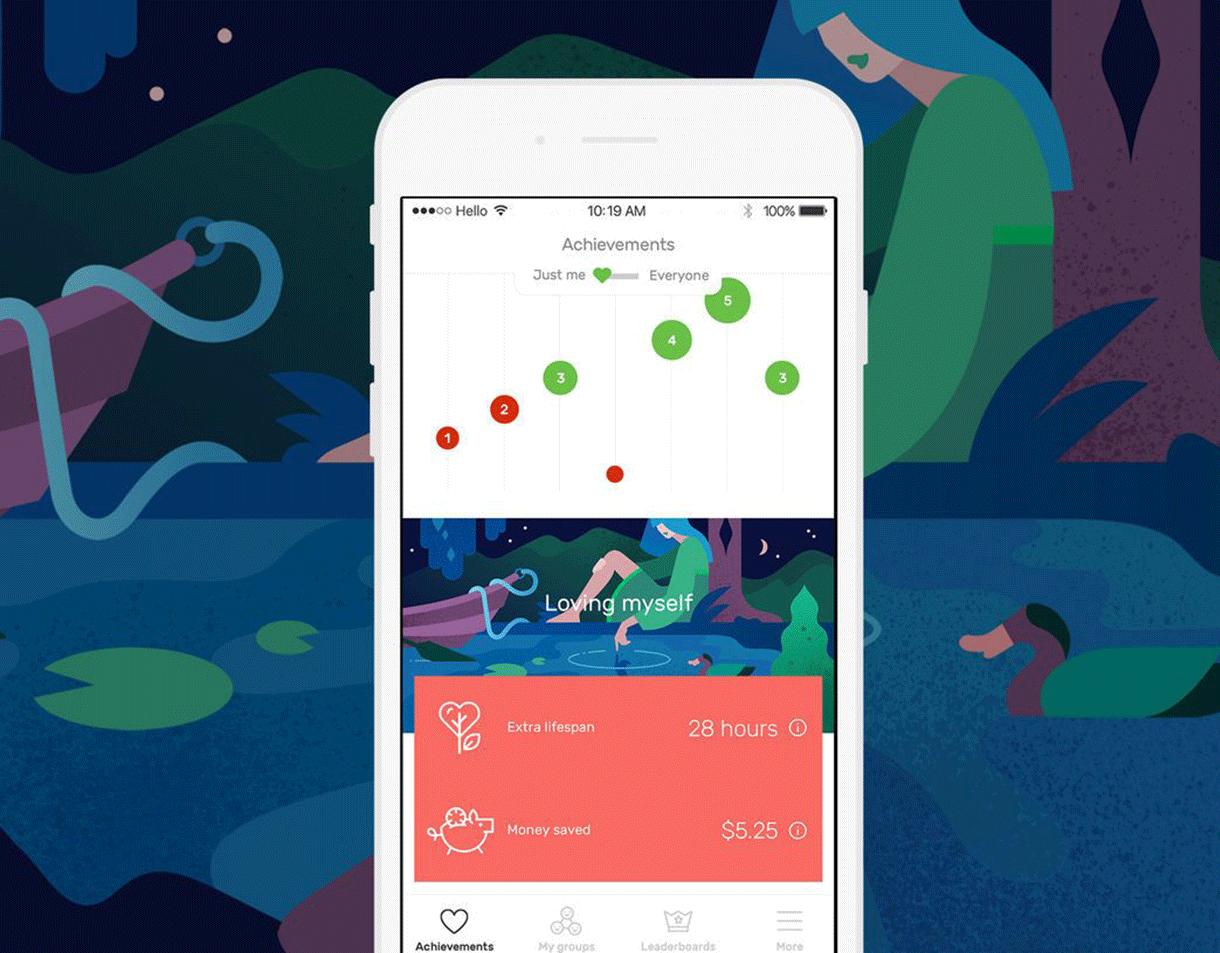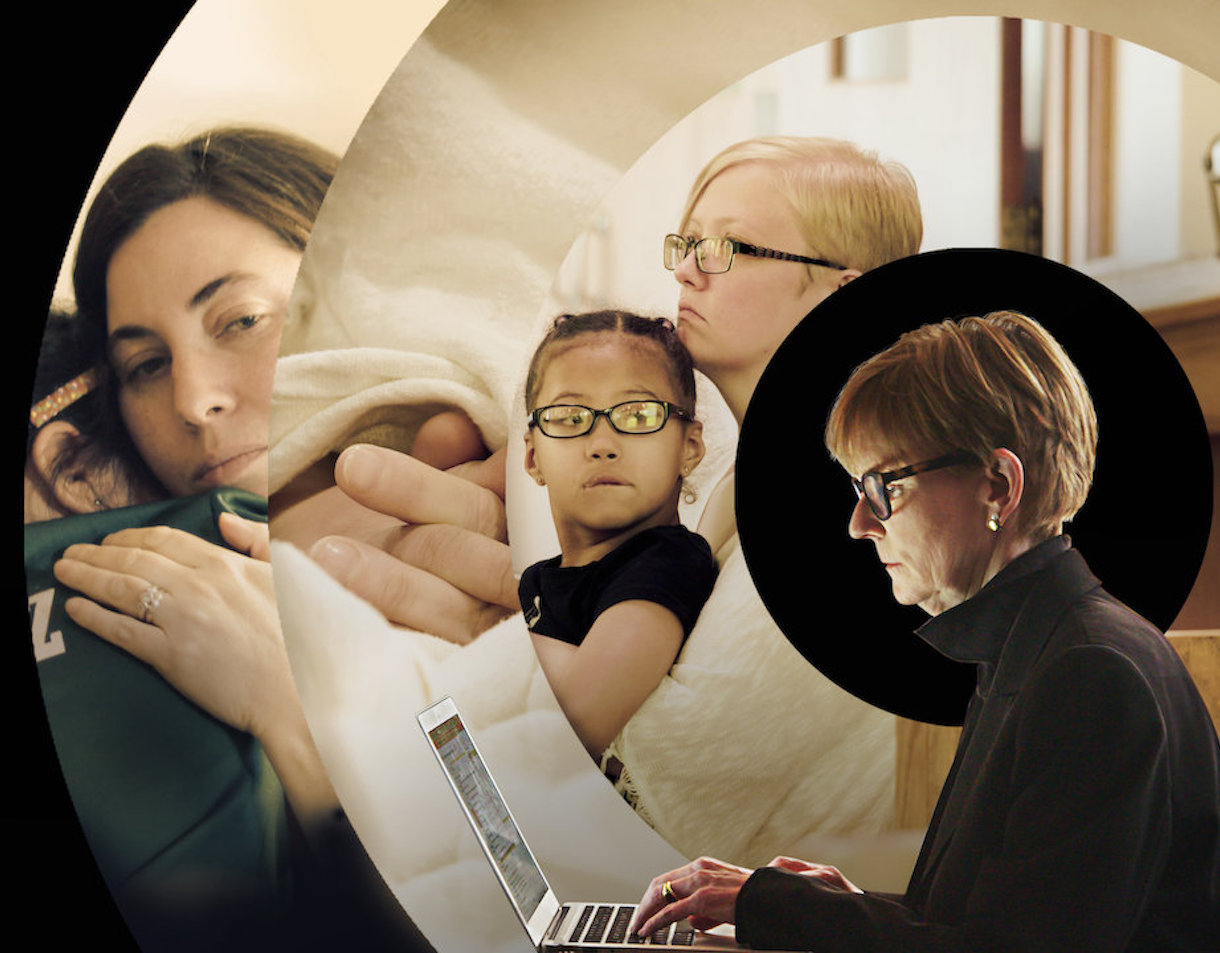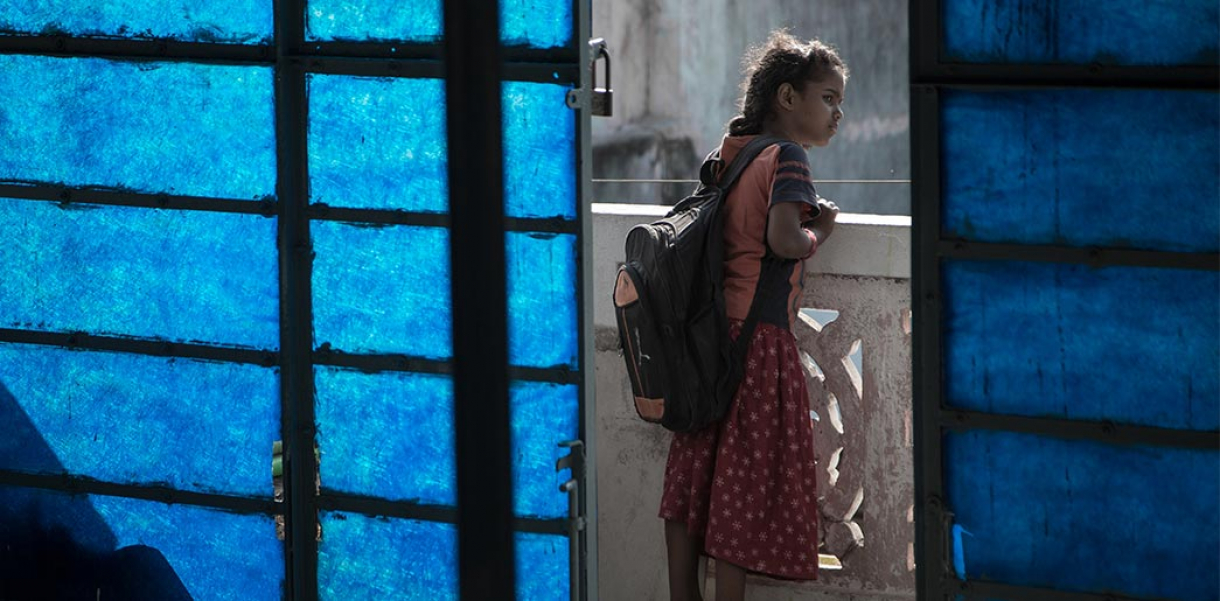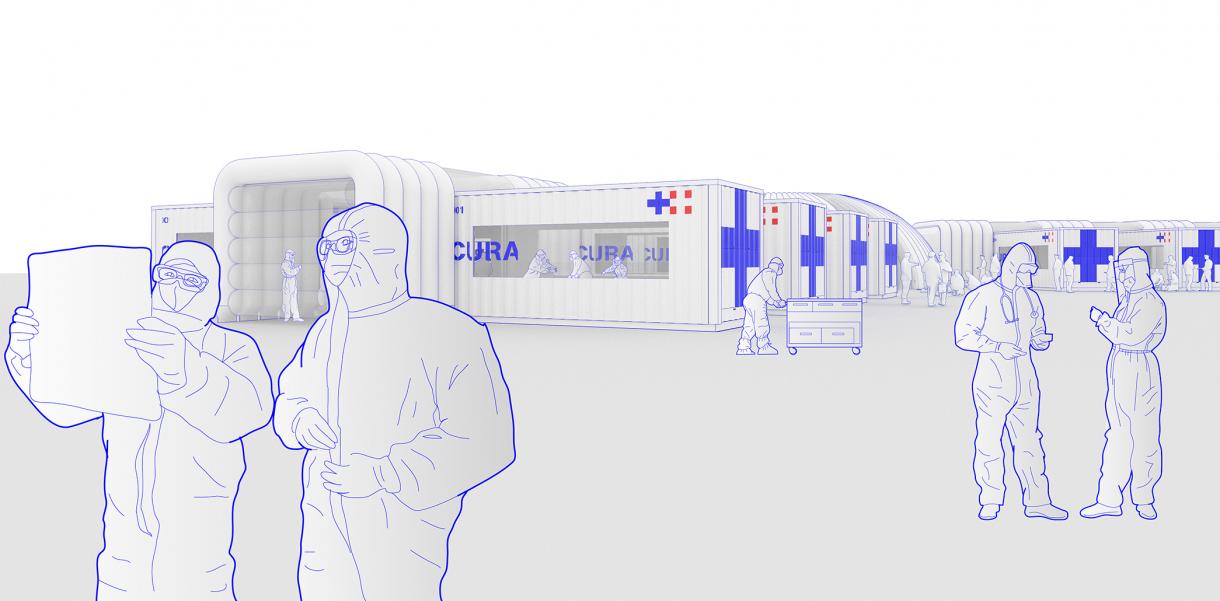Although still buzzing from a great award weekend, things are back to normal at The Index Project office. As we’re calling on everyone to nominate designs for Index Award 2021, things are moving forward.
Seeing like-minded people gather for the award made me think about communities. The Index Project has an incredible network of brilliant people who share common ground in guiding each other and sharing knowledge – in short, all of you reading this.
My stray thoughts became unignorable after a hardcore binging-session this weekend, where I saw the potential of such a community.
In August, The New York Times and Netflix premiered a series called ‘Diagnosis’. In the show, doctor and columnist Lisa Sanders put forward people with undefinable illnesses. Undiagnosed people often get lost in the healthcare system and life as well – it’s a bad situation to be mysterious in.
Through her column, Sanders wants to gather what she calls a crowd. She and her patients are hoping that the collective knowledge of people across countries, cultures and languages can provide new hope. And guess what? They actually do.
They made a change for 46-year-old Willy who’s losing his memory, experiencing extreme mood swings and constantly zoning out. Doctors can’t find an explanation through testing or looking at Willy’s records, but the crowd has an idea. Many suggest Willy’s illness might stem from his service in the Gulf War. In fact, there’s something called the Gulf War illness; it hit almost a third of those in service, but is still very unknown to those outside the veteran community. Suddenly Willy was closer to a diagnosis and found others he could share his struggles with.
Other than feeling very enlightened and tear-jerked, the show made my jaw drop. This is how powerful a community with a common goal can be. Maybe we can translate this goal of finding a diagnosis to other meaningful ones. Solutions for climate change? Reinventing societies? Design to improve life?
As interest in global issues rise, people protest worldwide and citizens become aware of their carbon footprint, there’s the basis for strong communities all over. To me, ‘Diagnosis’ shows that gathering in online crowds can actually make a difference.
"We already have the diagnosis for planet earth – entering knowledgeable communities may be the way to find a treatment."
Of course, there are also obstacles associated with crowd-sourcing like this. Exemplified in the show, a young woman who’s involuntarily vomiting is quickly labelled as a bulimic cry for attention. We can hope for a crowd to inspire change and be role-modelling but, not everyone in a community is or will be perfect citizens.
Another problem is ‘slacktivism’: showing support to causes through likes and comments instead of doing real activism. It’s the idea that we don’t support to actually make a change, but to boost our egos.
That’s why some argue that online communities are killing traditional activism and there’s definitely some truth to that. But getting a space to share with those who are willing to listen or a go-to spot for information may engage those who just don't know where to begin.
One of those types of communities is The Index Award 2019 nominee The Darwin Challenge. The app lets you set a goal and log every day you’ve stayed away from eating meat. It not only shows how many trees you planted or fish you’ve saved but also what the app users have achieved together. Every time I log a day and see a tree grow in my virtual field, it puts a smile on my face.
So, let’s build and join more of these solution-searching and knowledge-sharing crowds in pursuit of sustaining our future. It doesn’t have to only be on powerful platforms like the New York Times, but can be an app, an Instagram-page or a sub-reddit. Go look for them.
We already have the diagnosis for planet earth – entering knowledgeable communities may be the way to find a treatment.
-
Images: Kipras Štreimikis, Diagnosis, The Darwin Challenge & Joseph Chan
